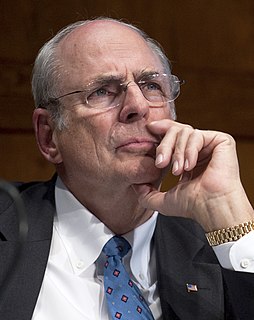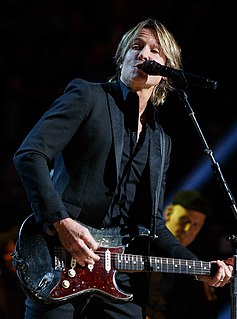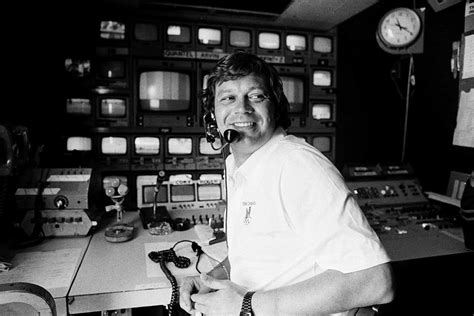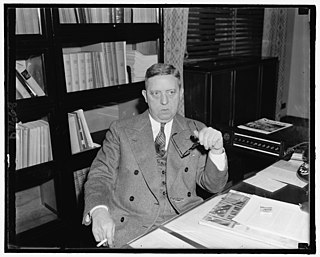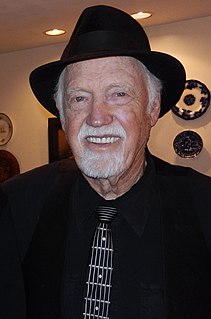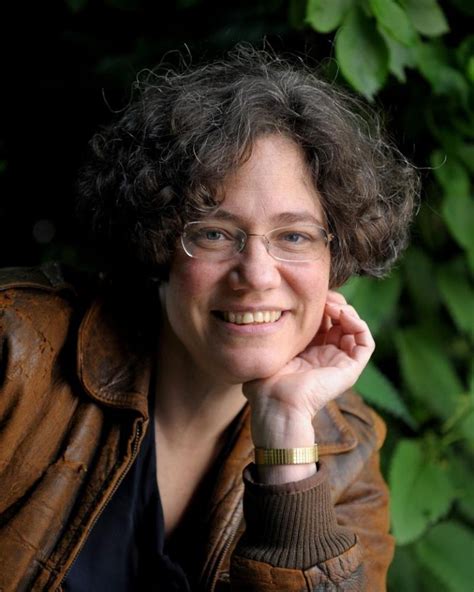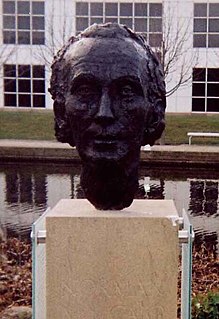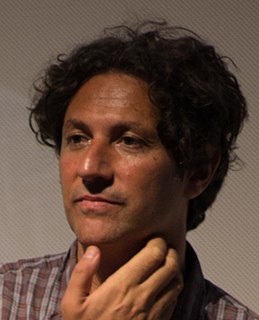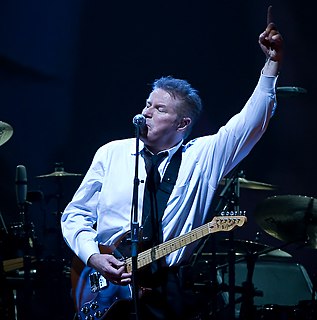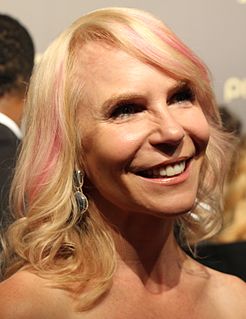Top 1200 Misused Words Quotes & Sayings - Page 16
Explore popular Misused Words quotes.
Last updated on December 24, 2024.
America is the promised land, because each generation bequeathed to its children a promise, a promise that they might not come to enjoy but which they fully expected their offspring to fulfill. So the words 'all men are created equal' took a life of its own, ultimately destined to end slavery and enfranchise women. And the words 'equal protection' and 'due process' inevitably led to the end of the words 'separate but equal,' ensuring that the walls of segregation would crumble, whether at the lunch counter or at the voting booth.
Writing well isn't just a question of winsome expression, but of having found something big and true to say and having found the right words to say it in, of having seen something large and having found the right words to say it small, small enough to enter an individual mind so that the strong ideas of what the words are saying sound like sweet reason.
He should have known better because, early in his learnings under his brother Mahmoud, he had discovered that long human words (the longer the better) were easy, unmistakable, and rarely changed their meanings, but short words were slippery, unpredictable changing their meanings without any pattern. Or so he seemed to grok. Short human words were never like a short Martian word - such as grok which forever meant exactly the same thing. Short human words were like trying to lift water with a knife. And this had been a very short word.
A layman will no doubt find it hard to understand how pathological disorders of the body and mind can be eliminated by 'mere' words. He will feel that he is being asked to believe in magic. And he will not be so very wrong, for the words which we use in our everyday speech are nothing other than watered-down magic. But we shall have to follow a roundabout path in order to explain how science sets about restoring to words a part at least of their former magical power.




